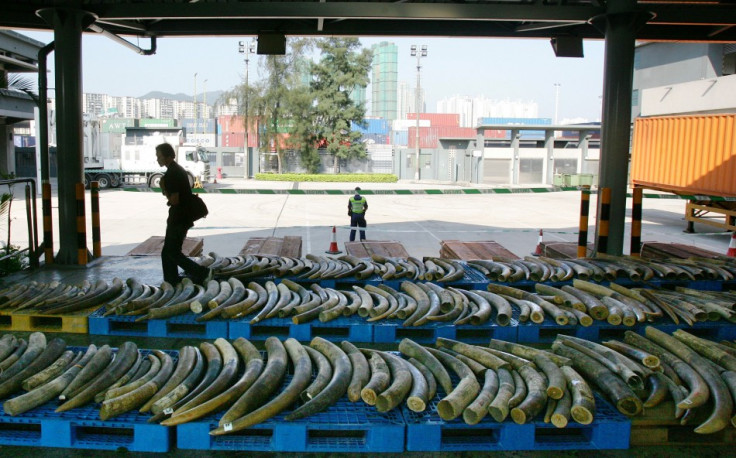WWF: Cameroon Army Fails to Stop Massacre of Elephants

The World Wildlife Federation has criticised the government of Cameroon for failing to stop poachers massacring hundreds of elephants.
The government authorized military intervention to protect the animals, after around 300 of the animals were reported killed within a month.
However the WWF claims that the intervention has failed, with nearly 500 animals being killed, significantly more than the 128 confirmed by the government, while at least two soldiers and one soldier have died in skirmishes after 100 troops were deployed.
Natasha Kofoworola Quist, WWF's central Africa representative, said the number of animals killed represented around half of those within the 220,000 hectare park.
She said: "WWF is seeking a concrete assurance from Cameroon president Paul Biya that he will do whatever is necessary to protect the remaining elephants in Bouda Ndija, and to bring the killers to justice.
"We expect those detained to be prosecuted for violating Cameroon's territorial integrity with deadly weapons in order to kill elephants for their ivory. All those convicted of involvement in wildlife crime must be sentences to the full extent of the law.
"WWF also calls of President Biya to extend an appropriate level of protection to wildlife in other Cameroon parks that are under a similar threat.
"WWF has for years cautioned the government that its rangers are not properly trained or equipped to address the scale, intensity and organized nature of illegal poaching.
"Rangers' lives are being lost in this battle. The honourable men and women who are putting their personal safety at risk to protect wildlife and to serve communities near protected areas deserve better from their leaders.
She claimed that the poachers in Bouba N'Dija are reportedly from Chad and Sudan, whose actions constitute an invasion of Cameroon's sovereign territory and "willful slaughter of its wildlife".
"WWF urges Cameroon to engage the governments of Chad and Sudan in a co-ordinated response to the criminal acts in Bouba N'Dija. WWF has offered its assistance and is awaiting meaningful action from Cameroon and its neighbours."
The smuggling of tusks and rhino horns has become ever more advanced, with authorities taking ever more drastic action to fight it.
© Copyright IBTimes 2025. All rights reserved.





















